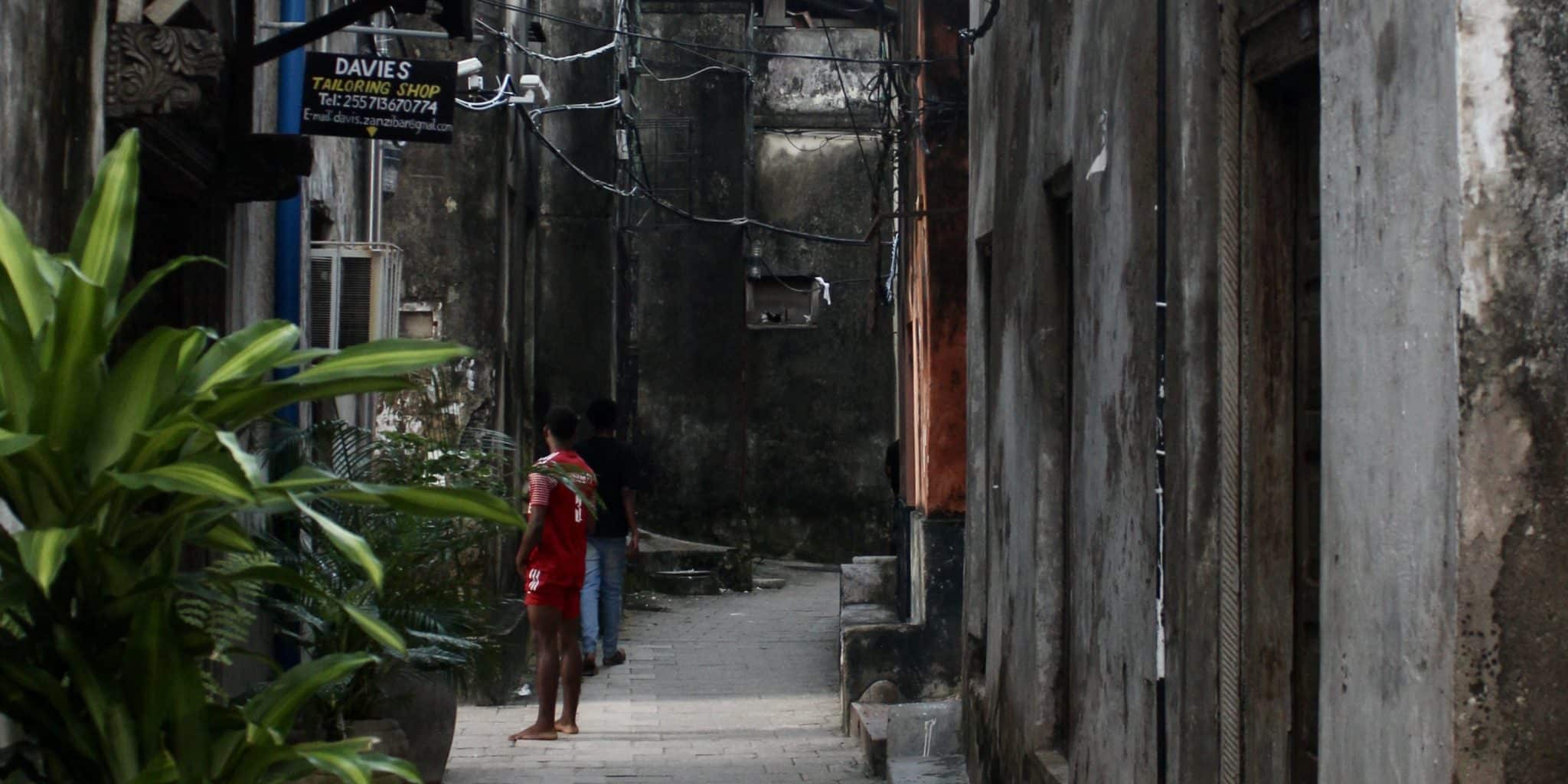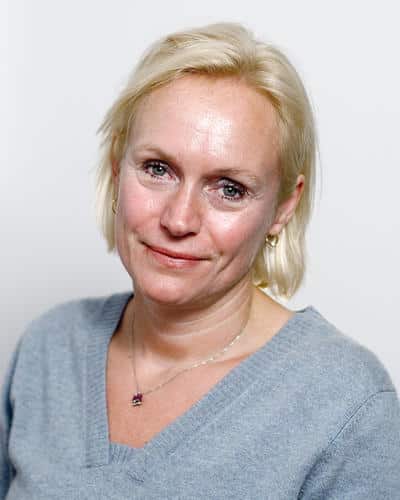In Zanzibar Was a Country (UC Press 2024), Nathaniel Mathews traces the history of a Swahili-speaking Arab diaspora from East Africa to Oman. In Oman today, whole communities in Muscat speak Swahili, have East African roots, and practice customs associated with the urban culture of the Swahili coast.
These “Omani Zanzibaris” offer the most significant contemporary example in the Gulf, as well as in the wider Indian Ocean region, of an Afro-Arab community that maintains a living connection to Africa. While they come from all over East Africa, a large number are postrevolution exiles and emigrés from Zanzibar. Their stories provide a framework for the broader transregional entanglements of decolonization in Africa and the Arabian Gulf.
Nathaniel Mathews argues that the traumatic memories of the Zanzibar Revolution of 1964 are important to nation-building on both sides of the Indian Ocean.
The interwar years was a period marked by rapid intellectual and social change in the Muslim world, when ideas of Islamic progress and development were hotly debated. How did this process play out in Zanzibar? In her historical study, Zanzibari Muslim Moderns (Hurst 2024), Anne K. Bang examines how these concepts were received and promoted on the island. She argues that a new ideal emerged in its intellectual arena: the Muslim modern.
She draws lines to Islamic modernists in the Middle East, to local Sufi teachings, and to the recently founded state of Saudi Arabia. A recurring theme throughout is the question with which many Muslim moderns were confronted: who should implement development? And for whom?
Pelle Valentin Olsen (UiB) will moderate the conversation. Refreshments will be served.
Facebook Event







